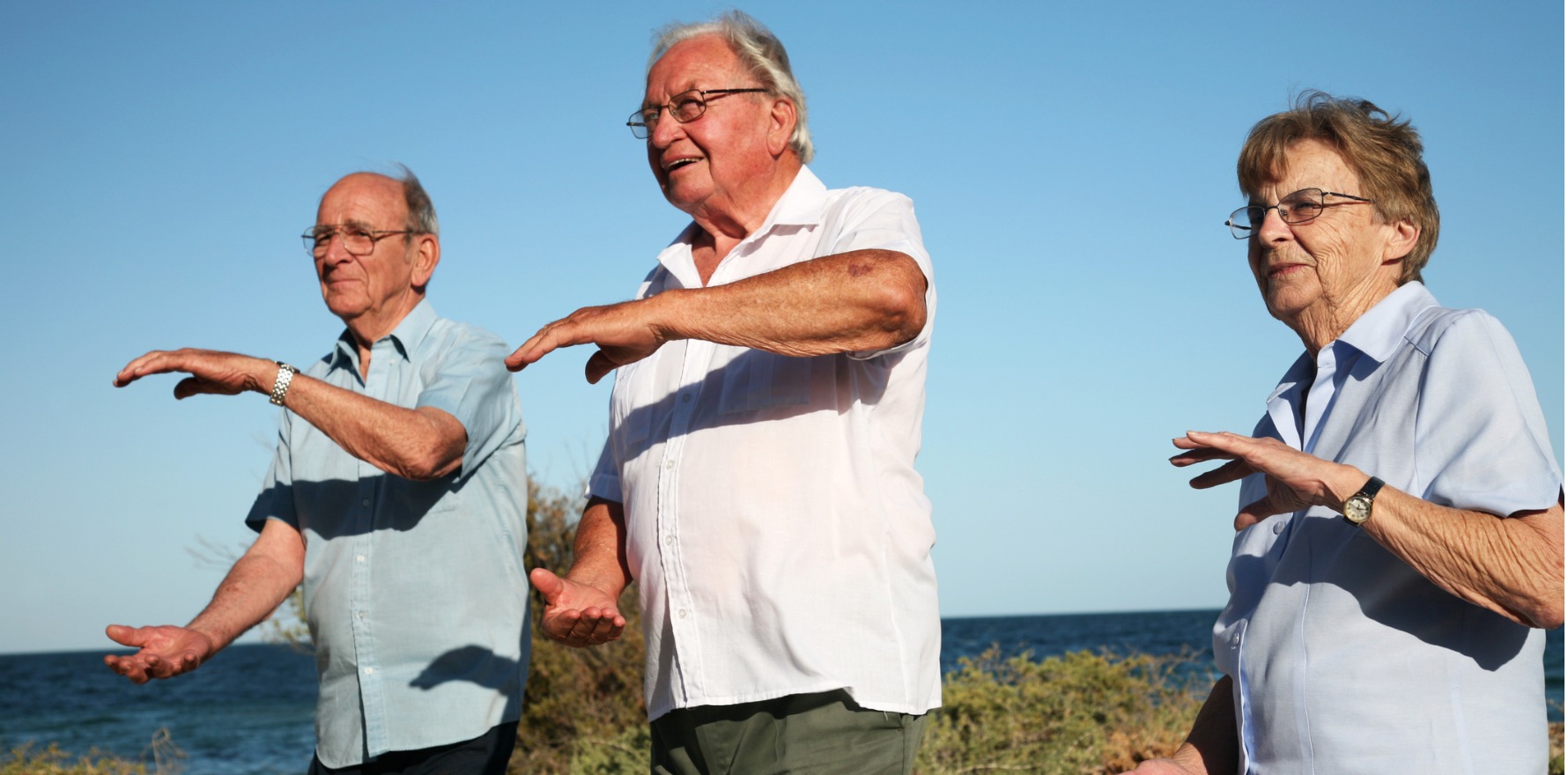Obese patients are just as likely to lose centimetres around their waists doing tai chi as with conventional exercise.
Tai chi is just as effective as conventional exercise at shrinking the waists of people with central obesity, a study of older Chinese adults finds.
The authors said the similar health benefits observed in their study suggested that the gentle mind–body exercise was a viable alternative for patients unable or unwilling to take part in typical aerobic and strength regimes.
Almost 550 Chinese participants were randomly allocated to one of three groups.
One group participated in the 24-form Yang style of tai chi, which the authors said was the most common style adopted in previous research.
The others took part in brisk walking plus instructor-led group exercise, including muscle-strengthening activities such as shoulder presses and squats.
Both interventions involved three one-hour, instructor-led training sessions per week for 12 weeks.
There was also a control group of 181 patients who had no change from their usual care.
Participants were all aged over 50, and men were eligible if they had a waist circumference of at least 90cm, and women if it was over 80cm. Three-quarters of participants were overweight or obese at baseline according to the WHO Asian BMI threshold, and more than half had hypertension or dyslipidaemia.
All three groups received monthly telephone calls to record their health condition, with a six-month follow-up after the study concluded.
Compared with the control group, patients in both intervention groups achieved statistically significant reductions in waist circumference, which shrank by an average of 1.8cm in the tai chi group and 1.3cm in the conventional exercise group.
Both intervention groups also saw a modest but statistically significant reduction in body weight, but neither exercise affected triglyceride levels, fasting plasma glucose levels or blood pressure.
The researchers found no training-related adverse events or withdrawals, suggesting instructor-led tai chi and conventional exercise programs could be safely prescribed for central obesity management in middle-aged and older adults.
“There are important health-care implications for older people who might be averse to conventional exercise because of physical limitations or comorbidities,” they wrote in Annals of Internal Medicine.
“Tai chi is a gentle, low-impact activity that is commonly acceptable to middle-aged and older adults and is a favourable approach for them to adhere to the WHO physical activity recommendations.”
The findings supported preliminary research showing the cardiometabolic benefits of tai chi from other countries including Australia, suggesting it could be implemented across cultural environments, they said.
“This study has great translational significance because our findings support the notion of incorporating tai chi into global physical activity guidelines for middle-aged and older adults with central obesity.”





